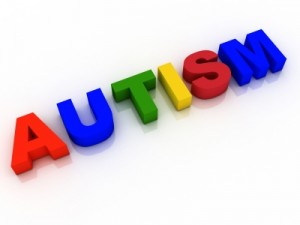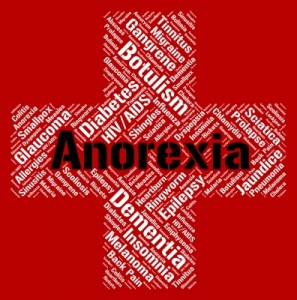April is Autism Awareness Month. In March 2014, the Centers for Disease Control and Prevention released data showing that 1 in 68 children (1 in 42 boys and 1 in 189 girls) have Autistic Spectrum Disorder (ASD). Those with ASD have to struggle through difficult symptoms just to function in everyday life. Neurofeedback has been shown to make significant improvements in symptoms of ASD. Neurofeedback identifies where the brain is having trouble processing information using EEG technology.
Psychological disorders that are characterized by abnormal, unhealthy eating habits are considered eating disorders. In the United States, currently 20 million women and 10 million men are suffering from eating disorders. While this number is exceptionally high, this statistic only counts cases considered clinically significant, indicating there are likely many more undocumented cases. Neurofeedback works to improve brain function to help those struggling in recovery.
Does your child frequently get extremely irritable and/or angry? Does your child have intense emotional meltdowns regularly? Does your child get disproportionately enraged related to the severity of the situation? It is very possible that your child could be suffering from Disruptive Mood Dysregulation Disorder (DMDD). DMDD is a new diagnosis for children who have explosive outbursts on a regular basis and have poor self-regulation.
As a parent, all you want is to see your child succeed in their life. If your child suffers from a brain-based issue or disorder, daily functioning becomes more difficult which can burden families. Brain-based issues can include everything from anxiety and depression to learning disabilities to behavioral issues. Parents often struggle to find the right course of treatment to ensure that their child can grow up to be a well-adjusted adult and experience academic, career, and personal success. Success in the formative years of their youth is crucial. If your child is struggling to succeed, neurofeedback may be the treatment of choice, and here’s why.
The field of neurofeedback today owes much of its preliminary research and findings to Dr. Barry Sterman for his work creating and establishing clinical applications for neurofeedback. After earning a Ph.D. in Psychology and Neuroscience from the University of California Los Angeles in 1963, Dr. Sterman began his research, which ultimately led to the discovery of an effective treatment for a variety of neurological conditions.







